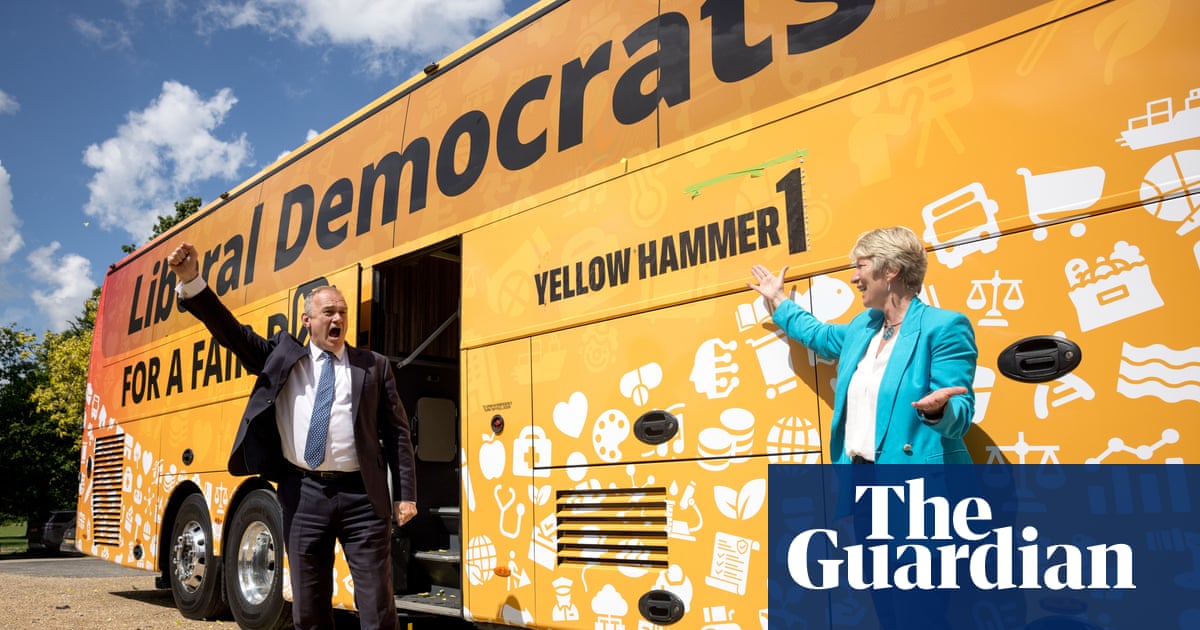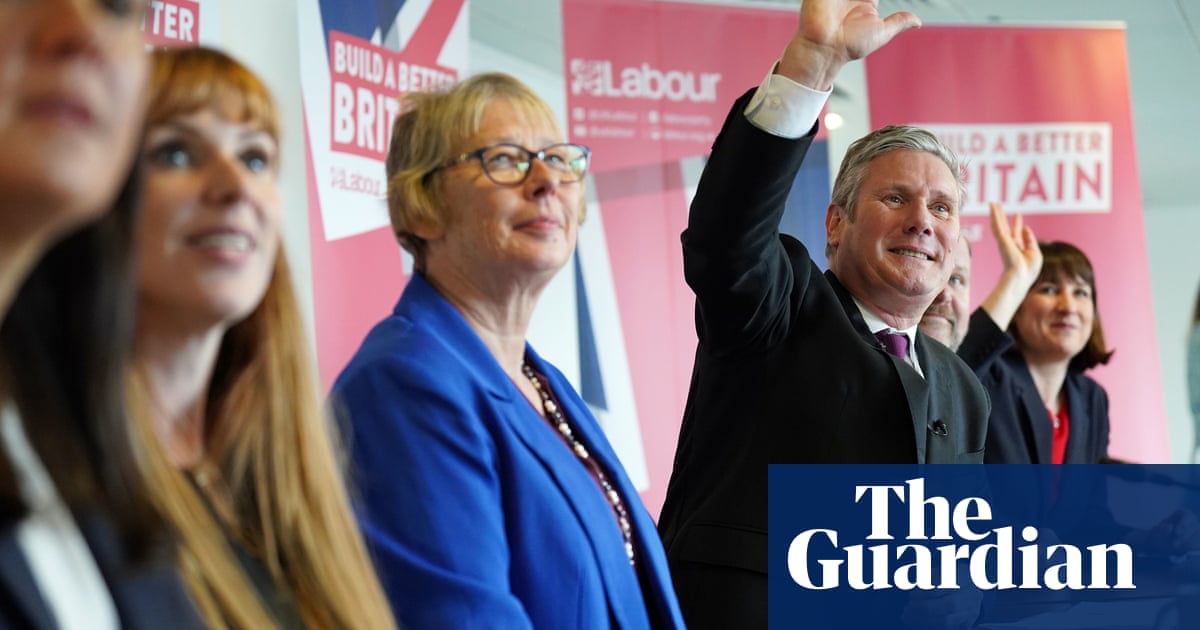
The Liberal Democrat election campaign last year was “a high-speed car crash” worsened by structural failures, poor tactics, and an inexperienced inner circle around Jo Swinson, an internal party review has concluded.
The 61-page report, led by the Lib Dem peer Dorothy Thornhill, says an already hugely difficult campaign was further hampered by errors including hubris over the number of seats the party could win.
Despite pre-election predictions from some Lib Dems of gains of 80 or 100 MPs, the 12 December election saw the party slump from its defection-fuelled tally of 21 MPs to just 11, with Swinson among those losing their seats.
The report notes that while Swinson was hampered by having less than five months between winning the party leadership and the election, her decision to immediately seek a new party chief executive undermined decision-making structures.
“This had the unintended consequence creating an ‘inner circle’ of advisers at arm’s length from the resources of the party machine, and put decision-making in the hands of an unaccountable group around the leader,” the report says. “It also severed some people from the roles and responsibilities they were employed to do, and led to the overpromotion of others.”
The report, based in part on almost 21,000 survey responses from Lib Dem members and officials, said Swinson’s tactic of promising to revoke Brexit if the party won a parliamentary majority meant the party “effectively ignored” the biggest group of voters: those who were neither fervently remain or leave.
While painting a picture of a party almost drunk on the euphoria of initially high poll ratings and unable to detect that the picture had shifted, the report stresses the role of both a dysfunctional internal structure and what was always going to be a difficult election.
“The overarching conclusion of the review is that had we made much better decisions in 2019, we might have gained a few more seats, but not many more,” it says.
The Lib Dems’ current interim leader, Ed Davey, praised the report as brave and powerful, saying in a series of tweets that in future the party should be “rooted in our communities, putting the interest of our communities first, and we need to speak with a clear voice”.
The report identifies as one key moment the release of a poll before Swinson took over as leader, amid the peak of the Brexit chaos under Theresa May, which put the Lib Dems on 73 seats and within a 5% swing of 219 more.
This prompted the abandonment of plans to fight 32 potential new seats as serious targets in favour of a list that rose to 40 and then 80, despite worries from activists about a lack of resources to battle on so many fronts.
The expectations swelled towards the party’s hugely buoyant autumn conference, and then an election launch at which Swinson was presented as a potential prime minister. This happened, the report noted, despite worrying signs, such as Labour backing a second Brexit referendum.
The party, concluded the report, suffered from “an optimism that was to maintain itself even when the evidence started to turn against it”.
Before the election was called, the report says, the party faced two unpalatable choices: ally with Labour to stop Brexit, but risk a collapse in tactical voting from Tory voters alarmed by Jeremy Corbyn; or delay an election for as long as possible, even if Brexit took place.
“Instead we chose to claim to believe we could win outright ourselves, thus obviating the need to choose,” it says. “It is this lack of clarity which led to an election campaign that can only be described as a high-stakes gamble for a once-in-a-lifetime election, to stop Brexit by winning outright. It was a gamble which did not pay off.”
The election, which the report summarised as “a high-speed car crash”, was marked by poor on-the-ground campaigning, as exemplified by the loss of Swinson’s East Dunbartonshire seat, and a central message that Swinson could be PM which “appeared unrealistic to the wider public, especially given that we were already falling in the polls”.












